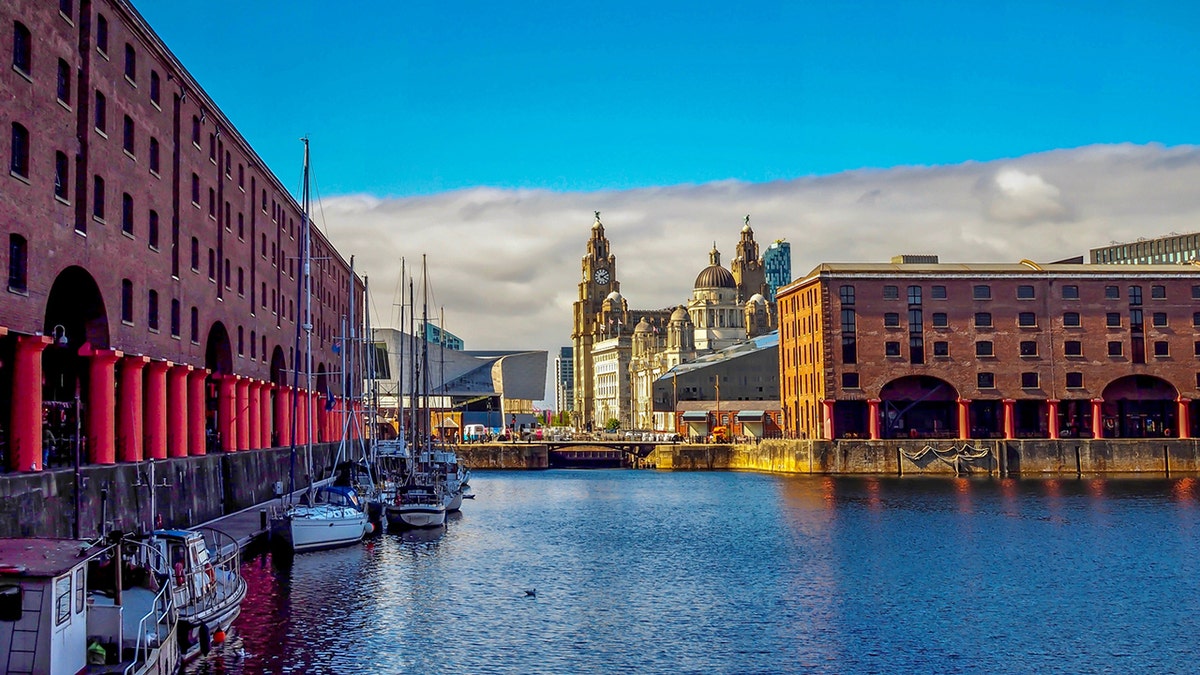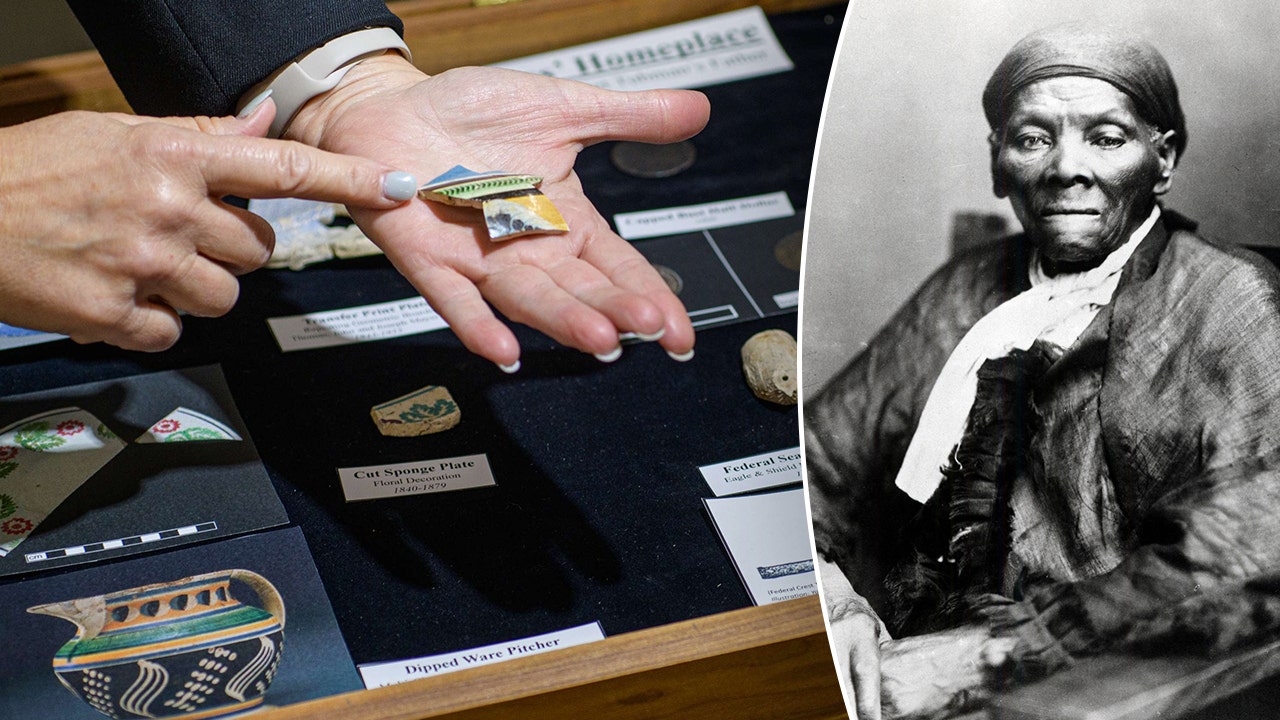Travelers may face yet another ‘tourist tax’ when visiting certain cities directly, and Liverpool in Merseyside, England, is no exception. This vibrant city, known for its rich Beatles history and thriving music scene, draws millions each year, but even the sunniest of destinations has its shadows.
The local government is considering a tax of nearly $3 (2 pounds) per night for overnight stays, beginning this summer, as reported by Liverpool Business News. This measure comes amidst increased pressures from a surge in tourism. In 2023, the Liverpool City Region welcomed approximately fifty-four million tourists—a staggering increase of four million compared to the previous year. Perhaps the city’s charm has been too alluring.
As the rising tide of visitors flows through the streets, locals are left grappling with challenges. They seek balance between welcoming newcomers and preserving the unique character that makes Liverpool truly special. “The proposal,” shared a spokesperson from Liverpool’s Accommodation Business Improvement District (BID), “would ensure that funds go directly into enhancing the visitor economy, whilst also contributing to the cleanliness of our neighborhoods.”
Even amidst these changes, it’s vital to consider the potential beauty that could bloom from a little financial investment in the community. As Bill Addy, CEO of Liverpool BID Company, remarked, the hotel industry will administer the tax and play a direct role in shaping how the revenue is spent. “They are the gatekeepers of this initiative,” he said, hinting at a collaborative approach to nurturing a sustainable tourism model.
Local businesses, like the famed Albert Dock and its historic maritime charm, may benefit greatly from this tax. With projections suggesting that this levy could generate almost $8 million for the city over the next two years, there lies hope that it could pave the way for world-class events and experiences that draw even more visitors, yet preserve the essence of what makes Liverpool unique.

Throughout Europe, cities have adopted similar taxes, a testament to a collective movement towards responsible tourism. Meanwhile, far from Liverpool, the Maldives has increased its flight tax, an effort to manage its own tourism demands while protecting its breathtaking landscapes and pristine beaches.

Traveling to Liverpool will inevitably change with this new tourist tax, but might this be a springboard for growth rather than a hindrance? Liverpool stands at a crossroads, balancing its glorious past with future aspirations, and just like a well-crafted song, it seeks harmony—both for its residents and visitors alike.




































